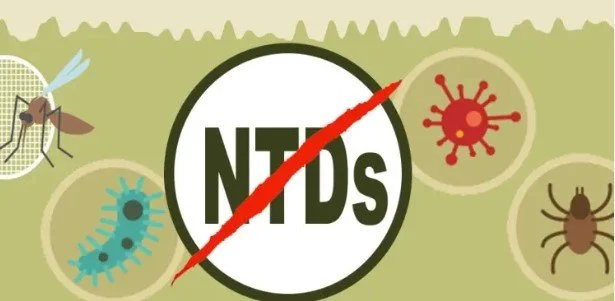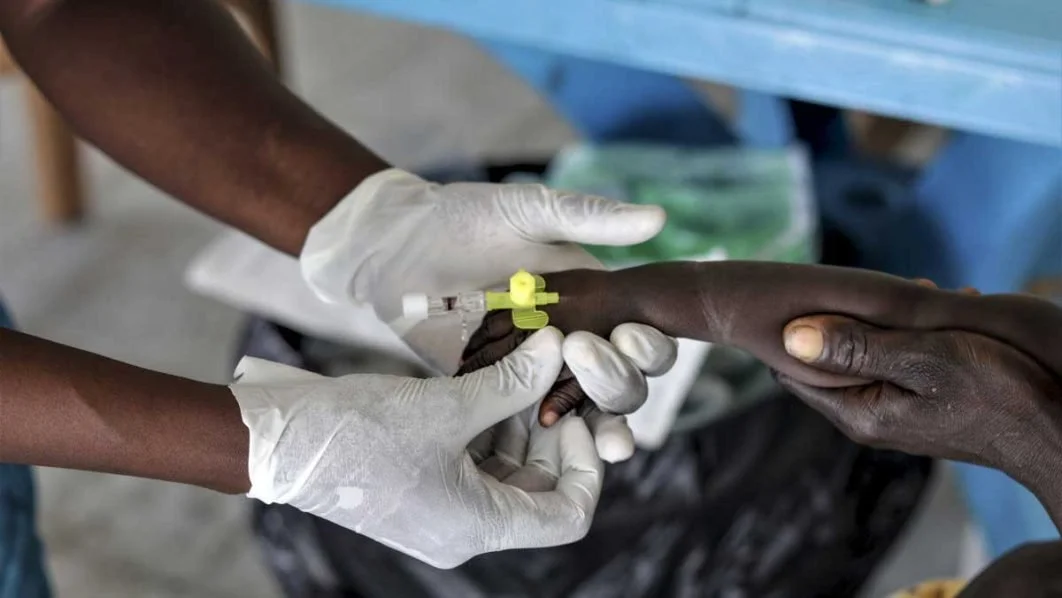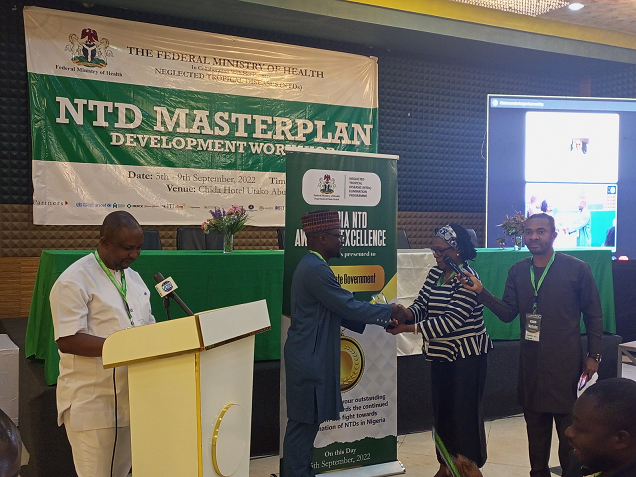Pate said Nigeria is committed to combating neglected tropical illnesses.
Prof. Ali Pate, the Coordinator Minister of Health and Social Welfare, stated on Wednesday that the Federal Government was committed to investing in health data infrastructure and capacity building to overcome dire health challenges, particularly in combating Neglected Tropical Diseases and engaging in a multi-sectoral approach to combating Antimicrobial Resistance.
According to a statement issued by Patricia Deworitshe, Director of Press at the Federal Ministry of Health, Pate announced this at the present 73rd session of the World Health Organization Regional Committee for Africa in Botswana.
NTDs are a diverse set of 20 diseases that are primarily found in tropical areas, where they afflict approximately one billion people living in disadvantaged communities.
These disorders are referred to as "neglected" because they are virtually completely absent from the global health agenda, receive little money, and are associated with stigma and social exclusion.
Nigeria is one of the world's most endemic countries for NTDs. Elephantiasis, soil-transmitted helminthiasis, river blindness, trachoma, schistosomiasis, snakebites, leishmaniasis, Human African Trypanosomiasis, mycetoma, rabies, leprosy, yaws, fascioliasis, and scabies are among the NTDs found in Nigeria.
Prof Pate, who was represented at the occasion by the ministry's Permanent Secretary, Kachollom Daju, said the government was taking critical steps to combat AMR, which poses a serious threat to human, animal, and environmental health in the region.
He showed the government's ability to develop and sustain poor capacity for creating and managing health data, which is strongly rooted in the nation's experiences.
"As we work to build strong health information systems, we recognize the critical importance of timely, accurate, and comprehensive data to guide our policies and interventions," he said.
While recognizing the accomplishments and advances mentioned in the WHO African Region's 2022-2023 annual report, he remarked that the report highlights the continent's collective efforts in advancing health and well-being, particularly during the COVID-19 epidemic.
He stated that the study documented some of the significant accomplishments made in the Nigerian health sector, such as the joint response to the COVID-19 epidemic aligned with the pursuit of Universal Health Coverage.
"We have excelled in immunization, which is critical in the public health landscape; the integration of vaccines - APV vaccine, typhoid conjugate vaccine, and malaria vaccine - will represent a significant step forward." These actions are consistent with our commitment to preventing diseases that have long plagued our communities," Pate added.
He stated that the World Health Organization's assistance in establishing national health systems focusing on primary health care has strengthened Nigeria's capacity to manage health crises and offer important services.










